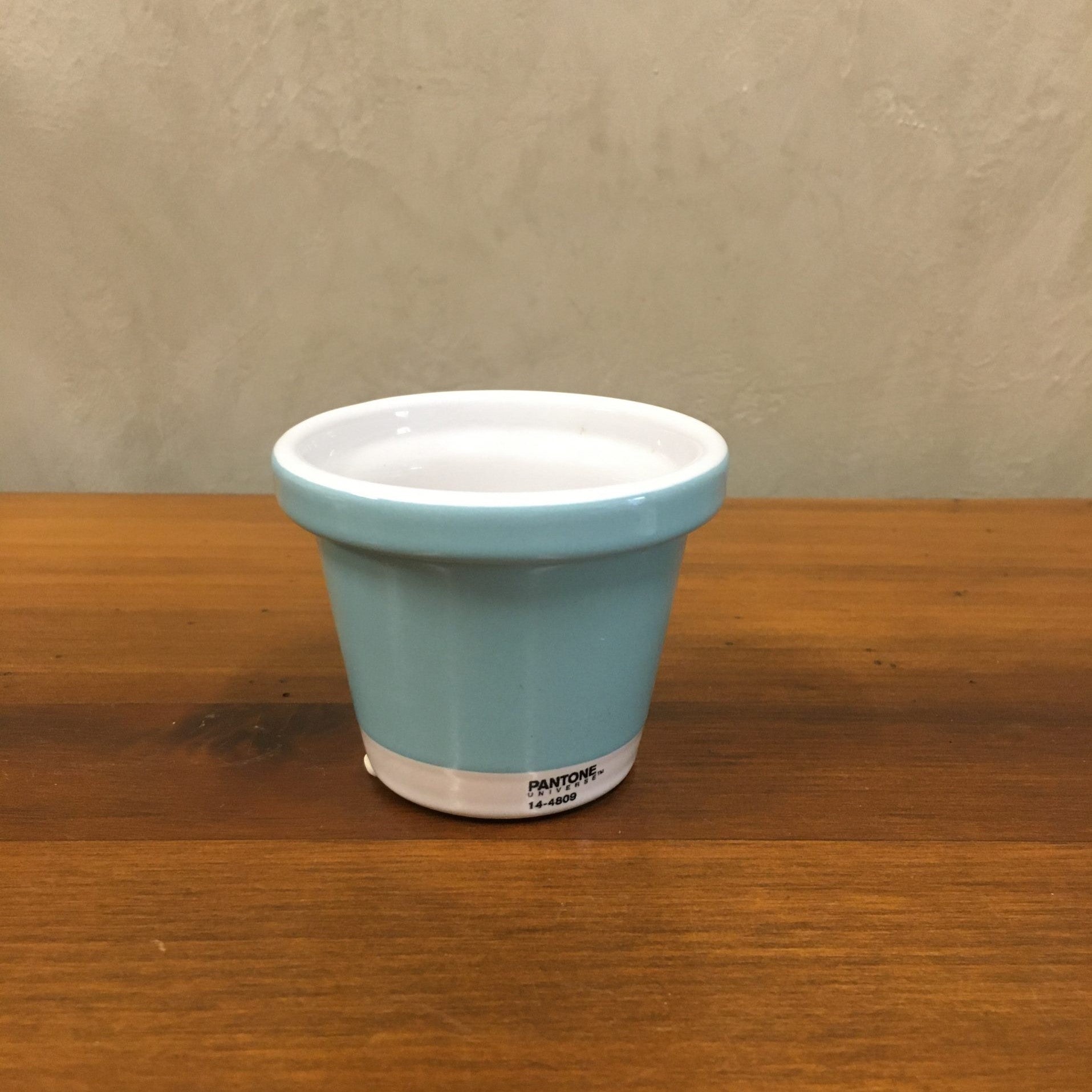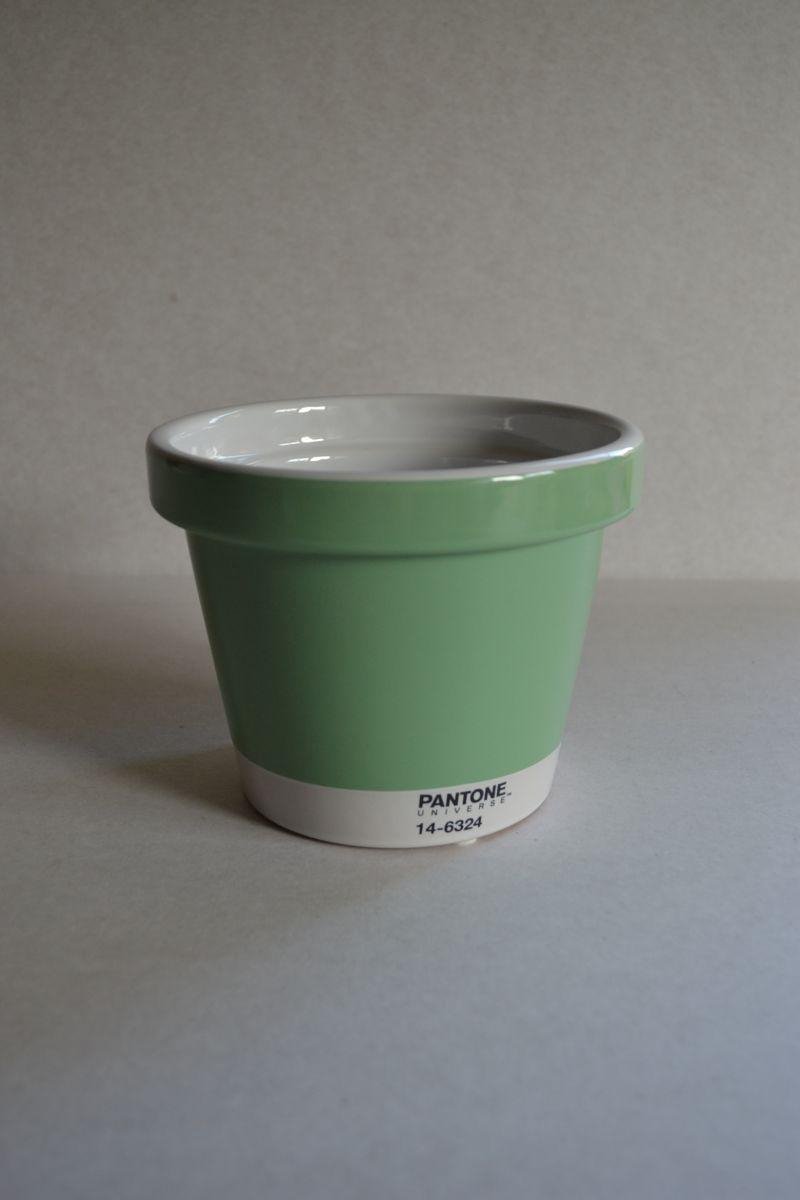
Homemania Shelfie Wanddecoratie, objectdrager, vierkant, met planken, voor woonkamer, slaapkamer, blauw, wit, zwart, van metaal, 40 x 14 x 13 cm : Amazon.nl: Wonen en keuken

Pantone Kleurrijke Woordenboek Wall Art Prints Roze Geel Groen Blauw Posters Canvas Schilderij Muur Foto Voor Woonkamer Decor - AliExpress

Hot Koop Canvas Abstract Pantone Tcx Kleurstalen Kleur Poster Afdrukken Gepersonaliseerde Decoratie Muur Thuis Uniek Cadeau - AliExpress

Artist Lucy Litman Impressively Matches Tons Of Tasty Treats With Pantone Colors | Pantone color, Pantone colour palettes, Pantone



















